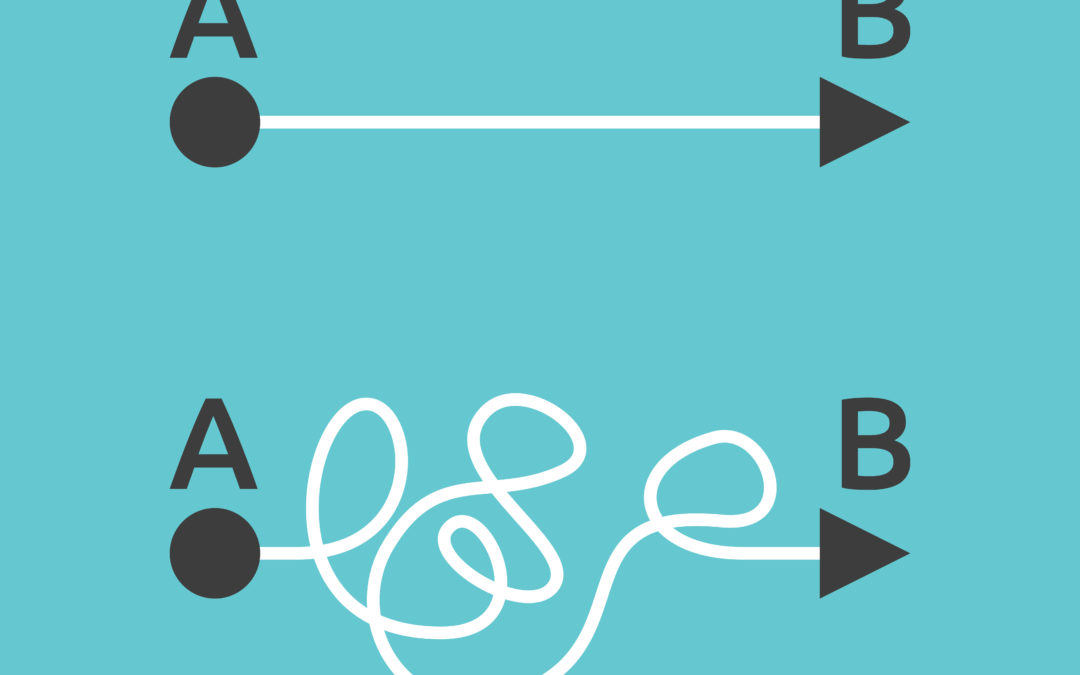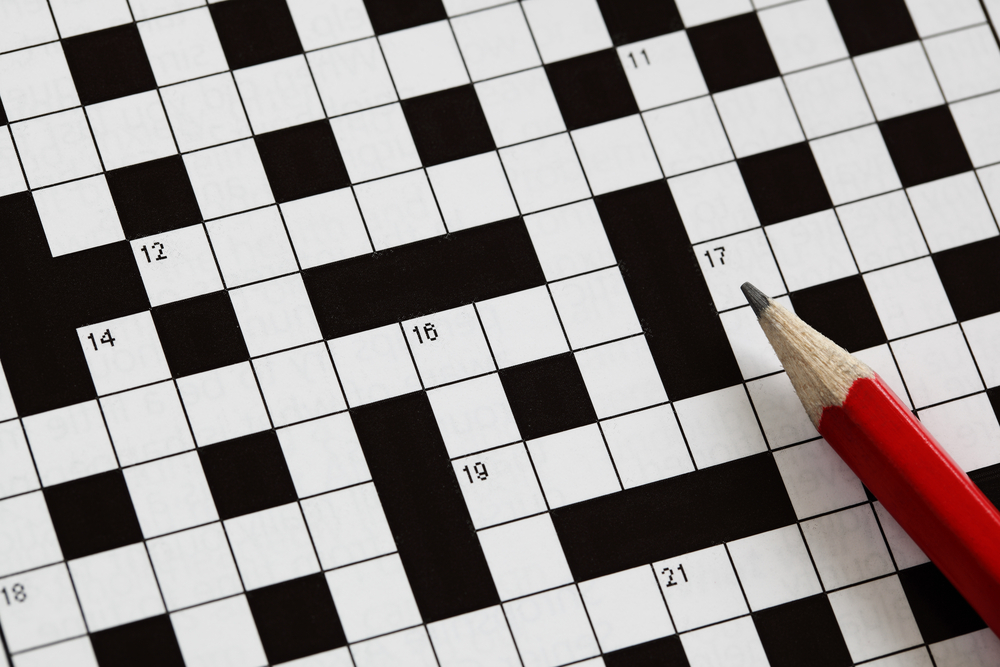
by Erica L. Meltzer | Dec 5, 2021 | IELTS, The Mental Game
In many way, IELTS Listening is as much a test of attention and multitasking as of aural comprehension. Regardless of accent, the recorded voices on the tape speak more slowly and clearly than people generally do in real life, and they do not use the kinds of slang* and idiomatic language that can be confusing to many non-native English speakers.
The difficulties of the Listening portion lie elsewhere, in processing the written information on the page and the spoken information on the recording at the same time, and in connecting one to the other. In principle, this is simple because the two convey the same information. However, they may not always be identical: the written portion may restate the recording word-for-word or, at certain points, it may paraphrase/condense the spoken part. When the latter occurs, it is easy to become confused and miss essential information simply because it takes you a few extra seconds to figure out which phrase or sentence on the page corresponds to what you are hearing. And in Listening, every second counts.
An additional challenge is that multiple-choice questions accompanied by a long list of answer choices are physically separated from the rest of the text, making it necessary to continually jump back and forth between different parts of the page while you listen. There’s a lot of content to manage, and if you spend just a couple of seconds too many re-reading an answer choice and stop paying close attention to the recording, you may miss the information you need to answer the following question. (more…)

by Erica L. Meltzer | Mar 16, 2017 | Blog, GMAT, The Mental Game
In an attempt to better understand the grammatical issues that students studying for the GMAT typically find most challenging, I’ve started — belatedly, I admit — dipping a toe into the Sentence Correction forums on beatthegmat and gmatclub.
The experience is something I can only describe as a flashback to the days when I used to read students’ obsessive parsing of SAT grammar questions on College Confidential. I don’t dispute that there’s a lot of helpful information, and some really outstanding analysis, but a lot of what I read also makes me want to bury my head in my hands and groan.
To be fair, many of the students posting are not native English speakers, or come from countries where the English spoken is sufficiently different from standard American English that what’s on the GMAT might as well be a foreign language. That’s a huge challenge, and I’m not denying that. (more…)

by Erica L. Meltzer | Sep 20, 2016 | Blog, General Tips, The Mental Game, Tutoring
After my recent post discussing why it’s not a good idea to treat real SATs or ACTs like practice runs, a tutor wrote to ask me to weigh in on the ACT’s score-deletion option and its effect on the test-prep process. In truth, I probably should have covered it in my earlier post, but since I didn’t (mea culpa!), I’m going to discuss it here.
So first, for those of you who aren’t familiar with ACT scoring policy, the ACT takes the concept of score choice to a level beyond that of the SAT. Most colleges will allow you to select which set(s) of scores you want to send, but a few holdouts — including several Ivy League schools — still require you to send all of your scores. If you take the SAT, you do in fact need to send everything; however, if you take the ACT, there’s still a back door into score choice. (more…)

by Erica L. Meltzer | Jun 5, 2015 | Blog, The Mental Game
For those of you taking the SAT tomorrow (and scouring the Internet for a few last-minute tips), here’s a small one that could actually have a significant effect on your score.
To introduce it, a personal anecdote (notice how many time the word I appears in the following sentences). About five years ago, I was going over a student’s QAS score sheet from her first real SAT. She was a good student and strong test taker, and in fact she’d scored a 2200. It was pretty much in line with her practice tests, but when I looked at the scoring breakdown by section, something leapt out at me: virtually every question she had gotten wrong came from the first three sections. And when I read over her essay, I saw that it was, well… Let us say it was not her best work.
At that point, I put two and two together. “G,” I said pointedly. “Were you awake when you started this test?” (more…)

by Erica L. Meltzer | Jun 18, 2014 | Blog, The Mental Game
I confess, I get nervous when my students tell me that they feel confident. Well, some of my students, at least. You’d think I’d be happy to hear that, right? I mean, I’m a tutor — shouldn’t I want my students to feel confident? Yes, of course… When it’s merited, that is. But confidence is unfortunately not always merited, especially when it comes to standardized testing. What some students know and what they think they know are often not the same thing at all. And in those cases, a small helping of fear can be a lot more effective than all the confidence in the world.
At this point, I think that it’s helpful to distinguish between types of confidence:
On one hand, there’s the kind of confidence that results from genuine mastery of material, or from sustained, regular preparation. My students who have made 100+ point leaps, especially in reading, do not score 520 one day and 670 the next. No, their increases come in fits and starts. They go up a bit, they plateau, sometimes they go down a little, and eventually their scores start to go up again. They put in the work, and they do lots and lots of practice. (more…)

by Erica L. Meltzer | Jun 13, 2013 | Blog, The Mental Game
When people ask me whether I enjoy my job, my usual response is something along the lines of, “Some people do crossword puzzles, I write SATs” — the implication being that I view the test as a sort of amusing intellectual game. The other implication, of course, is that I don’t actually do crossword puzzles.
Or, well, didn’t.
A couple of weeks ago, while I was walking downtown with a friend, I got hungry and made him sit with me in Koreatown while I indulged a late-night craving for kimbap. In return, he proceeded to pull out the NYT crossword puzzle and insist that I help him with it. I groaned and told him for the thousandth time that I’m just not good at crossword puzzles (I write SATs, isn’t that enough?!), but he wouldn’t take no for an answer, and after I managed to figure out a couple of clues (“River’s movement?” Ebb and flow), I sort of had to admit that was having fun. (more…)





